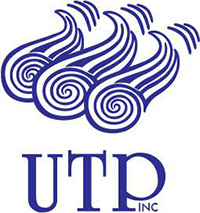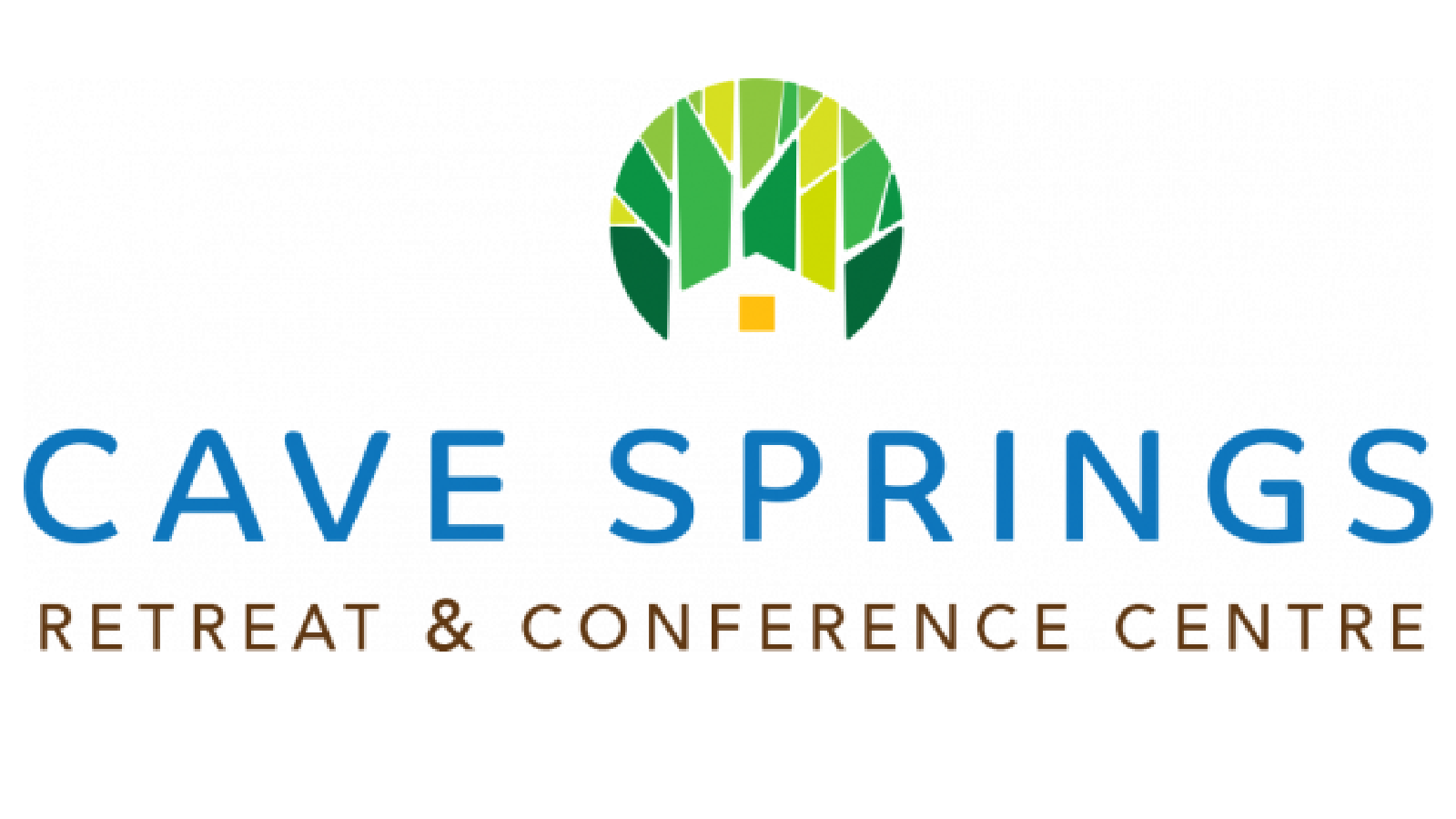After more than a year in the making, Niagara College Teaching Distillery is rolling out its first rum – just in time for summer cocktail season.
School Spirits Small Batch Rum was created by the College’s inaugural Artisan Distilling Class of 2019, comprised of the first students to graduate from the program launched by the College in September 2018 as the first of its kind in Canada.
The rum follows the Teaching Distillery’s previous School Spirits releases including Eau-de-vie de Fruits (January 2019), Vodka (March 2019) and Small Batch Gin (May 1019).
“Our first rum has been highly anticipated following the release of three inaugural School Spirits products which sold out quickly upon release last year,” said Steve Gill, general manager of NC’s Learning Enterprises. “Our first student-crafted rum showcases the distillation and fermentation talents and skills of our students, and offers a taste of what our country’s future craft distilling leaders are producing.”
College distiller David Dickson noted that the release of School Spirits Rum is an achievement for the students that were responsible for its creation, as well as the College as its first rum spirit to be released.
“The rum production came at a time when the students had already honed their distilling and fermentation skills, and they were able to execute the production with a higher degree of independence,” said Dickson. “They have set the bar high for the quality of the aged spirits being produced by the Teaching Distillery.”
Golden in colour, School Spirits Small Batch Rum is described as having a clean and balanced aromatic profile with notes of vanilla, candied fruit. Compared to rums with added sweeteners, it comes across as dry and light in body. The fruity esters give notes of cherries, blackberries and some citrus fruit. The finish offers a texture of vanilla, caramel and a touch of bourbon spice.
The rum was made from a base material of dark brown sugar – a combination of refined sugar with molasses blended back in. It was fermented in a two-week process, which is slower than typical rum production, resulting in a more complete attenuation of sugar by the yeast. Using small copper pot stills, the rum was double distilled by students who focused on capturing only the best fraction of the spirit.
“One of the most important set of flavour components that are captured during rum distillation are the esters which give rum some of its distinctive aromas and flavours,” said Dickson.
The rum was aged for a full year in a 57L Bourbon cask before its recent release. Dickson noted that smaller barrels have a larger surface area proportionally, which leads to more rapid extraction and aging.
“Another interesting feature was that the cask had only been used for two years, whereas most bourbon casks have been used for at least four years,” he said. “This may have led to both the increase in colour and barrel character present in the spirit.”
School Spirits Small Batch Rum does not contain additives or added colours.
The 40 percent alcohol School Spirits Small Batch Rum is available in 375 mL bottles ($26) in limited quantities at the College’s Wine, Visitor + Education Centre, where proceeds from sales support student learning. The WVEC retail store is open at NC’s Daniel J. Patterson Campus (135 Taylor Rd., Niagara-on-the-Lake) and offers curbside pickup. Call 905-641-2252 ext. 4070.
Niagara College’s Teaching Distillery is a 2,500-square-foot facility equipped with five stills, four mash tuns and 10 fermenters. Home to the College’s Artisan Distilling program, students produce a variety of distilled products including vodka, gin, brandy, rum, whisky and other spirits. It opened in September 2018, completing the trifecta of beverage fermentation sciences at NC’s learning enterprises, following the footsteps of its Teaching Winery and Teaching Brewery which were also the first of their kind in Canada.
Niagara College offers more than 130 diploma, bachelor degree and advanced level programs; as well as more than 600 credit, vocational and general interest Part-Time Studies courses. Areas of specialization include food and wine sciences, advanced technology, media, applied health and community safety, supported by unique learning enterprises in food, wine, beer, distilling, horticulture and esthetics. For more information visit niagaracollege.ca.
 Back to myNiagaraOnline
Back to myNiagaraOnline





















